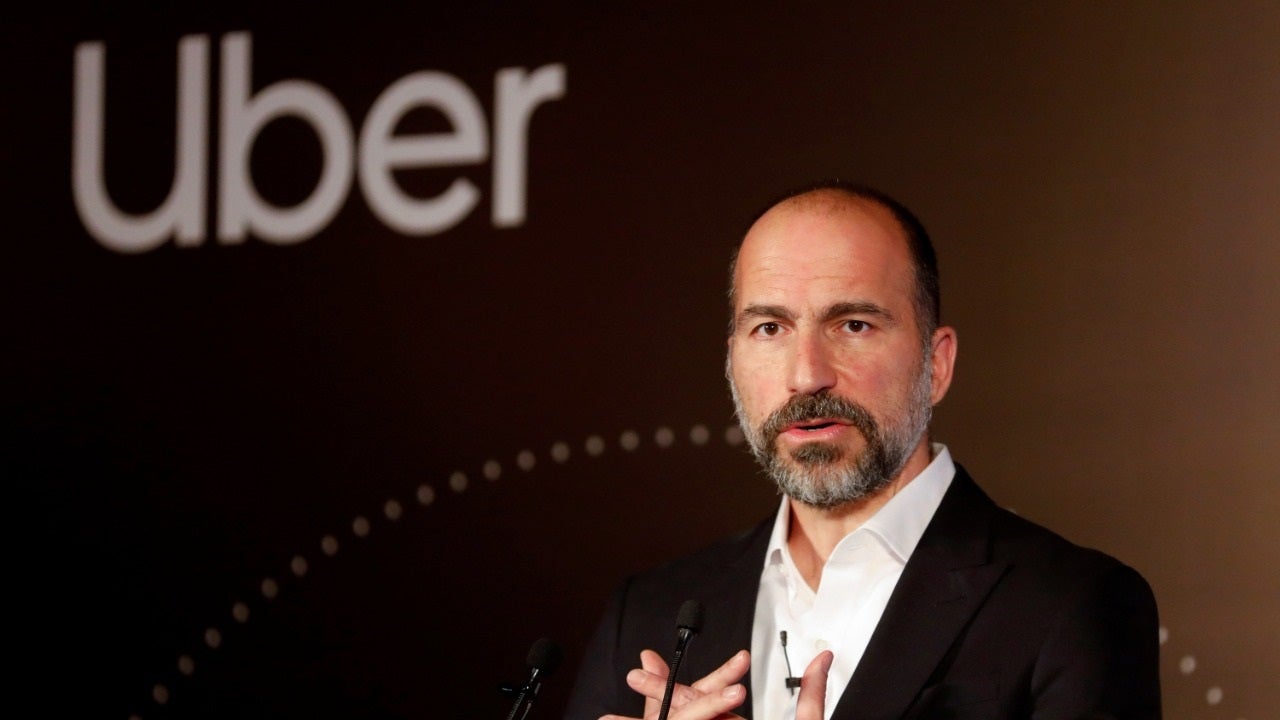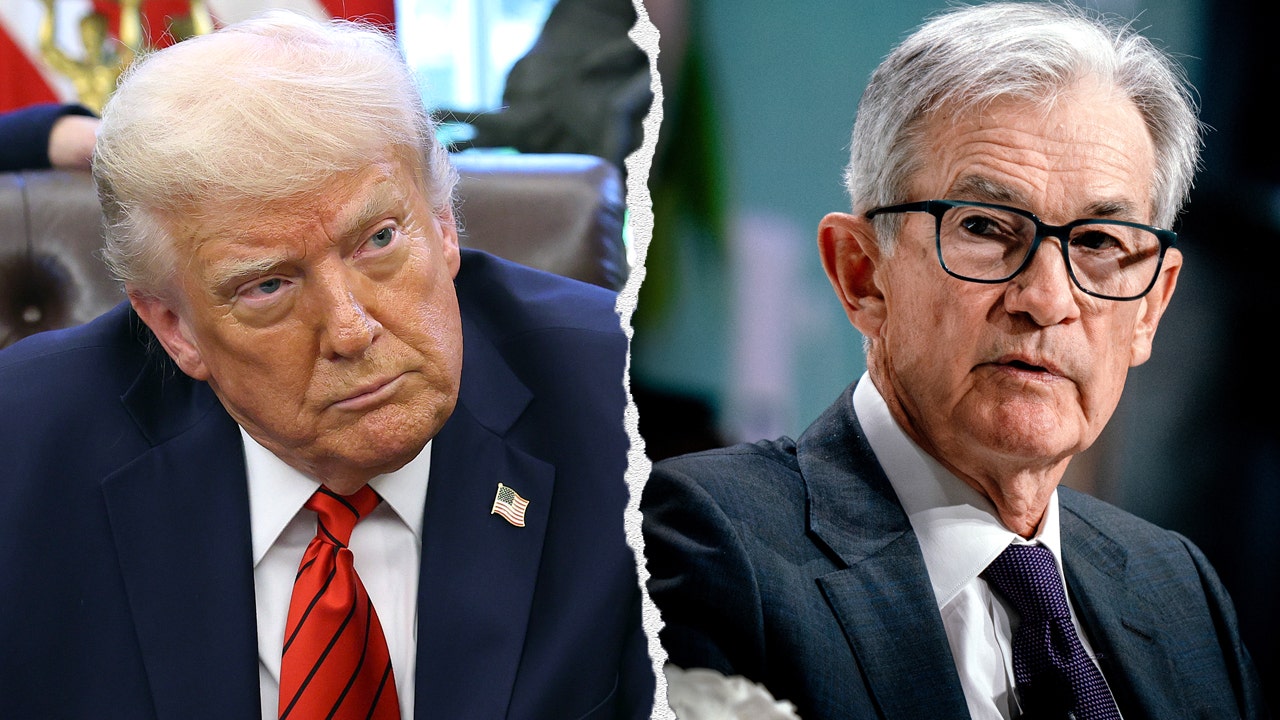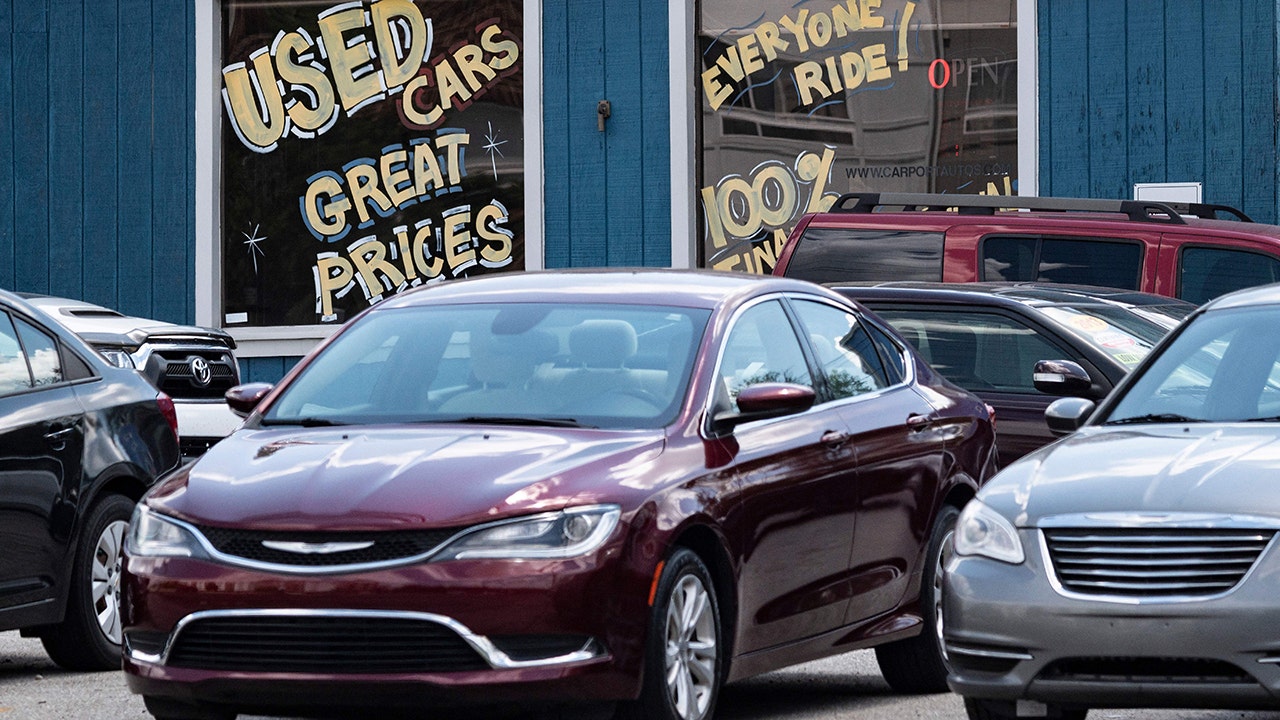South Florida is gaining significant ground against New York City in the battle to win over America’s millionaires, according to new data and one of the nation’s top-grossing real estate agents.
A new Henley & Partners World’s Wealthiest Cities Report for 2025 found that both West Palm Beach and Miami surpassed New York City as the world’s fastest-growing wealth hubs. West Palm saw a 112% increase in millionaire growth over the last decade, while Miami saw a 94% increase. New York fell much shorter, around 40%.
“I’m not at all surprised that multimillionaires are fleeing blue states and heading towards South Florida markets like West Palm Beach, Miami, Palm Beach. [They] are the recipients of people who are upset with the politics and taxes of the states that they are migrating from,” Douglas Elliman’s No. 1 nationwide agent Dina Goldentayer told Fox News Digital.
“I definitely think that South Florida can be the next Wall Street South,” she added. “It’s already happening now.”
‘RUNNIN’ DOWN A DREAM’ TO BUY A HOME? TOM PETTY’S FORMER OCEANSIDE PAD LISTS FOR EYE-CATCHING PRICE
The recent data breaks down details of the 50 wealthiest cities in the world, measuring economic mobility, investment migration and wealth management. The U.S. dominated the list, with 11 cities ranking for the greatest number of millionaire residents.
Although Miami and West Palm Beach saw their numbers grow exponentially from 2014 to 2024, New York City still ranks in the top spot for the sheer number of millionaires living there (about 384,500). In comparison, Miami has 38,800 millionaires and West Palm Beach with 11,500.
“Manhattan is so densely populated, so you certainly can’t compare Miami Beach to Manhattan when it comes to [the] number of millionaires. But if you start grouping South Florida as a lump sum of a couple of marketplaces and comparing it to Manhattan, yes, I think we can surpass them as the number of millionaires,” Goldentayer said, adding, “unless they get their act together and start actually appreciating the millionaires that live there.”
In the post-COVID environment, Florida saw a resident boom – about 1,000 people moving to the state every day, according to former Chief Financial Officer Jimmy Patronis – primarily due to fewer pandemic restrictions and lockdowns. The top agent noted that the Sunshine State continues attracting people because of its politics versus its well-known zero income tax and minimal regulations.
“The wealthier classes that are moving from those marketplaces like California, like Illinois, they are concerned about crime. They want to be able to enjoy their wealth and not have to be concerned if they’re wearing a Rolex while walking their dog down the street,” she said.
“And South Florida allows you to live comfortably while also offering the arts, entertainment, top schools,” Goldentayer continued, “so it’s a much more complete environment than it used to be, and it’s being fueled by the caliber of population that’s migrating here.”
“I definitely think that South Florida can be the next Wall Street South. It’s already happening now.”
“The zero-income-tax model that Florida and other states have had, I don’t think is the top news story anymore because Florida has been a no-income-tax state for so long,” she further argued. “There are other lifestyle factors that are really fueling the desire to live here beyond the taxes.”
South Florida’s average millionaire can’t be “pigeonholed,” according to the expert who regularly works with them. But, more often than not, they’re between the ages of 35 and 50, drive a Range Rover and have between two and four children.
“They often play a racket sport and want to be close to their paddle club. And many are concerned about where their kids would be going to school,” Goldentayer pointed out.
When asked if South Florida could ever become as notoriously expensive to live in as New York City, Goldentayer was doubtful, claiming that the value and quality of life is worth the price tag.
“When New York was really booming, it got to a place where people felt like this is unaffordable, this doesn’t feel good. And I wouldn’t ever want my marketplace to get to that place,” she said.
“I would still want our clients to feel like there’s value in the Miami marketplace in the same way that a Hermes salesperson says, ‘Our product isn’t expensive, it’s costly,’ right? But that implies that you get what you pay for.”
READ MORE FROM FOX BUSINESS













